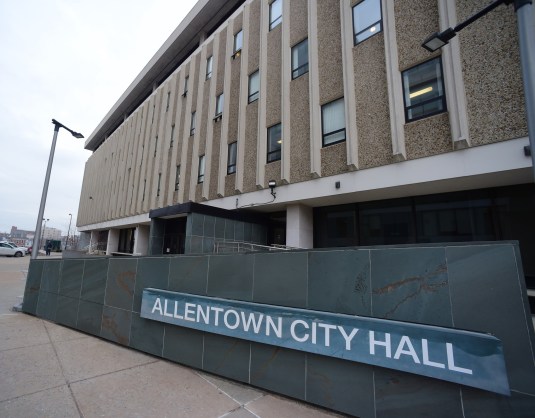Rep. Barbara Lee Defines ‘Woke’ for Republicans in Resolution
Hey there! So, let’s dive into a vibrant topic that’s buzzing through the political landscape – the term ‘woke.’ Recently, Rep. Barbara Lee took a bold step to clarify this wildly tossed-around buzzword. If you’ve ever found yourself scratching your head over what woke means amidst the mixed signals from both sides of the aisle, you’re not alone! Buckle up as we explore Lee’s resolution and what it means for the ongoing debate about social consciousness.
What Does ‘Woke’ Really Mean?
First off, let’s unwind the jumble. Traditionally, woke refers to a heightened awareness of social injustices and inequalities. It’s about staying alert and awake to issues like race, gender, and economic disparities. Think of it like having your eyes wide open to the world’s injustices versus being in a cozy, ignorant slumber. But lately, thanks to various political theatrics, especially from some conservative talking heads, the term has been turned into a pejorative, labeled as overly sensitive or pretentious. Does that sound a bit off to you? It should!
Barbara Lee’s Resolution: A Wake-Up Call
Rep. Barbara Lee, known for her deep commitment to equality, has brought forth a resolution aimed at reclaiming the narrative around being woke. In her proposal, she emphasizes that being woke isn’t about political correctness or social media outrage—it’s about using our privileges to uplift those marginalized by systemic issues. Wow, talk about a clarion call for understanding!
In fact, here are some key pointers from her resolution that make it impactful:
- Empowerment over Outrage: Lee focuses on how being woke is about empowering individuals who feel silenced.
- Courage to Confront Issues: It’s about having the guts to stand up against social injustices, not hiding behind a keyboard.
- Unity in Diversity: Her resolution emphasizes that diverse perspectives can enhance social dialogues rather than diminish them.
So, Why Does It Matter?
You might be thinking, “Why should I care about this?” Well, let’s face it: words matter. They shape conversations, influence opinions, and can even sway policies. By clearly defining what it means to be woke, Rep. Lee is setting a foundation for a more productive dialogue about social issues. She’s shining a light on a term that, for too long, has been misunderstood and misrepresented.
Imagine if we started reclaiming more terms like this. Instead of letting others dictate the conversation, we’d be stepping into our power and saying, “Hey! This is what this means to us.” Pretty liberating, right?
A New Perspective
It’s easy to get lost in the political whirlpool where terms get weaponized. Rep. Barbara Lee’s resolution is an important reminder that social awareness is not a trend; it’s a movement toward a fairer society. When we define terms like woke accurately, we hold the potential to encourage inclusivity and foster understanding across the aisle.
Conclusion
In a rapidly changing political climate, understanding terms like woke is essential. Rep. Barbara Lee’s resolution isn’t just about semantics—it’s about striving for a more just society. So, the next time someone tosses around the term woke like a hot potato, you’ll be armed with knowledge and the insight to steer the conversation back toward meaningful dialogue. Let’s hope more politicians catch on to this notion of clarity and purpose!
FAQs
- What is the origin of the term ‘woke’? The term originated in African American Vernacular English, meaning to be alert to social injustices.
- Why do some people criticize ‘woke’ culture? Critics often argue that it promotes excessive political correctness or censorship.
- How can individuals be more ‘woke’? By educating themselves about social issues, listening to marginalized voices, and advocating for equality.
- What is the significance of Barbara Lee’s resolution? It aims to clarify the meaning of ‘woke’ and highlight its importance in social activism.
- Can the term ‘woke’ be reclaimed? Yes, understanding its original intent and purpose can help reframe the conversation positively.
“`







